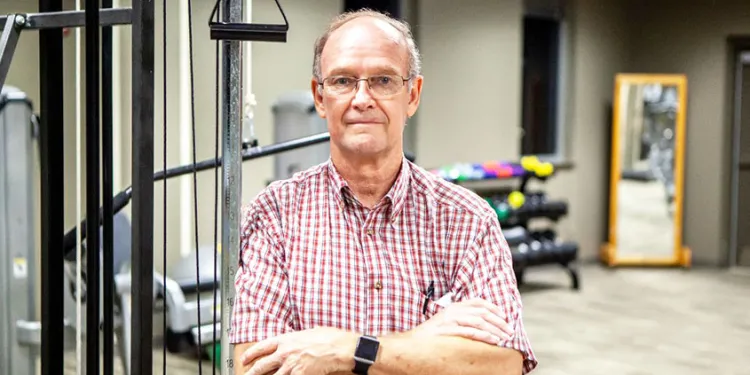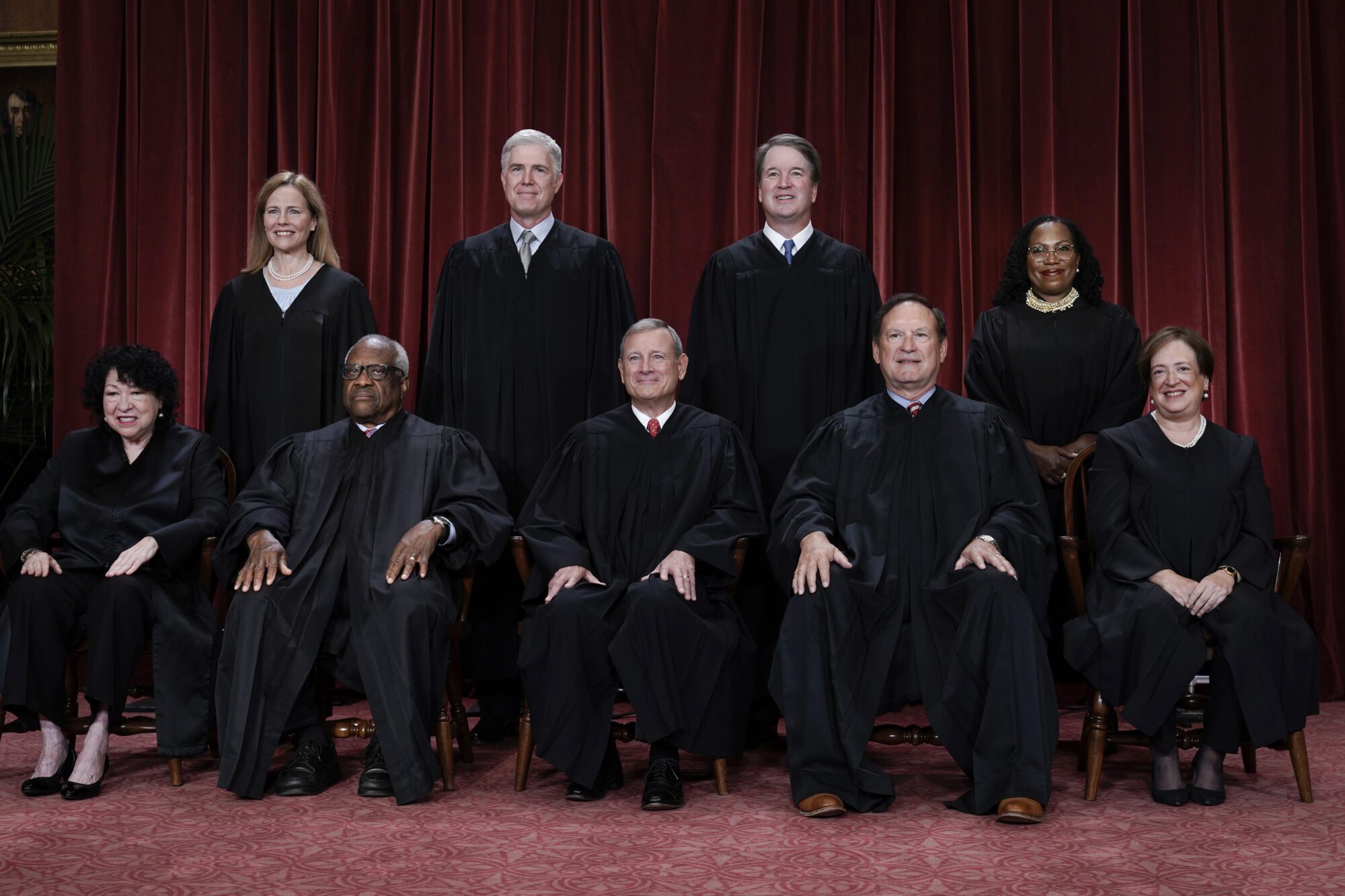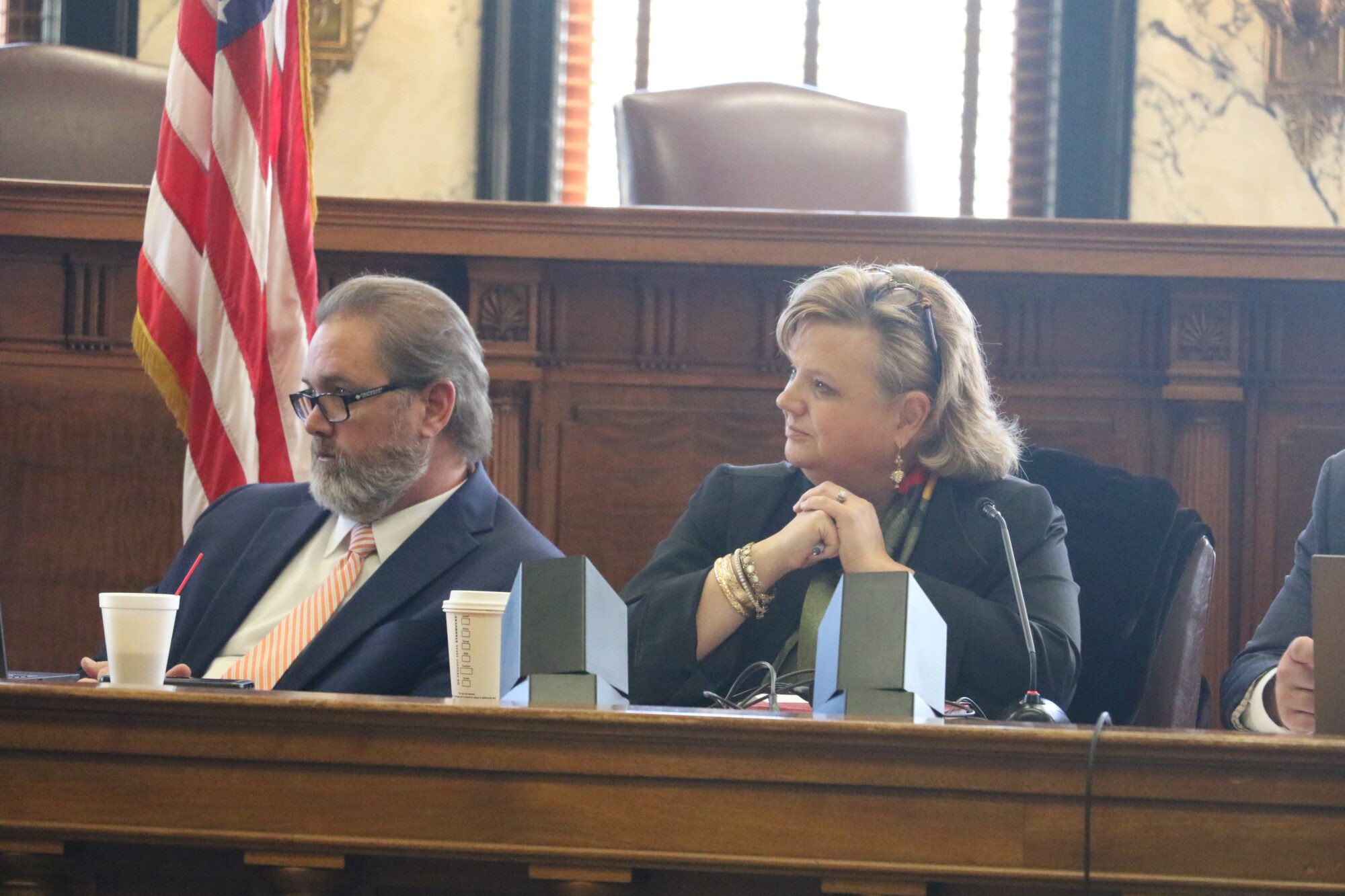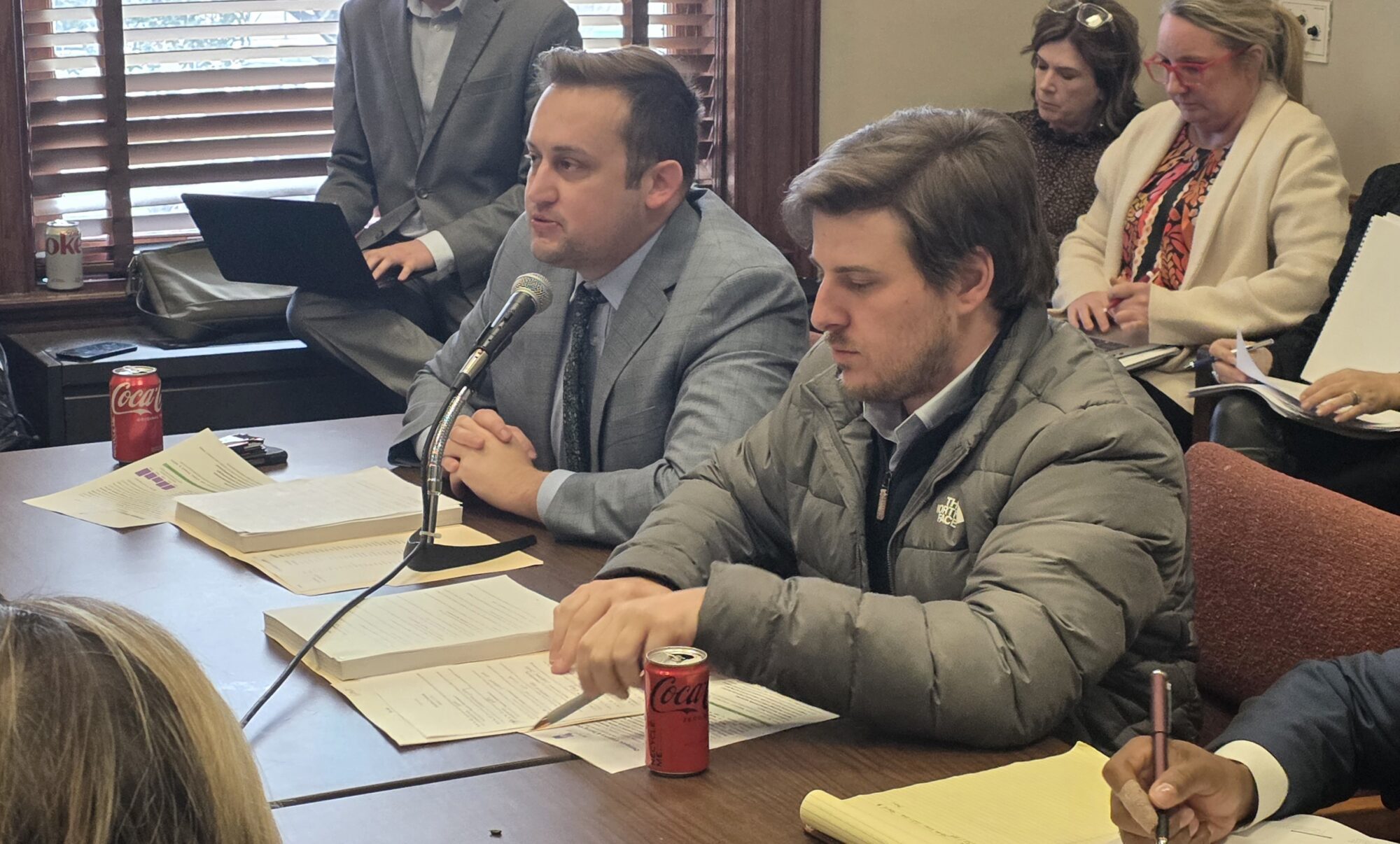
FILE - Gerald Groff, a former postal worker whose case will be argued before the Supreme Court, stands during a television interview near a "Now Hiring" sign posted at the roadside at the United State Postal Service, March 8, 2023, in Quarryville, Pa. The Supreme Court on Thursday, June 29, used the case of a Christian mailman who didn't want to work Sundays to solidify protections for workers who are religious. In a unanimous decision the justices made clear that workers who ask for religious accommodations, such as taking the Sabbath off, should get them unless their employers show doing so would result in “substantial increased costs” to the business. (AP Photo/Carolyn Kaster, File)
The Court sent the case back to lower courts, strengthening religious freedom protections and providing a more thorough explanation of religious accommodations in the workplace.
In 2022, Gerald Groff brought a case to the United States Supreme Court in which he argued that he should not be required to work on Sundays because of his religious beliefs. Groff, a Pennsylvania resident, worked as an auxiliary mail carrier for the U.S. Postal Service (USPS).
Groff sued the USPS under Title VII of the Civil Rights Act of 1964. He claimed that his USPS position generally did not involve Sunday work, but that changed after USPS agreed to begin facilitating Sunday deliveries for Amazon. This caused him to seek accommodation for his Sunday observance of the Sabbath. Groff received “progressive discipline” for failing to work on Sundays, and he eventually resigned.
Title VII requires an employer to accommodate for religious practice, unless they can show the accommodation results in increased costs.
The case first went to District Court in which summary judgement was granted to USPS. The Third Circuit Court affirmed the decision. That court agreed with the federal judge that exempting Groff from work on Sunday “imposed on his coworkers, disrupted the workplace and workflow, and diminished employee moral.” The court cited hardship at “more than de deminimis cost,” in the opinion.
It was the unanimous opinion of the U.S. Supreme Court that the hardship requirement for employers to deny religious accommodation needs to be substantial.
“An employer must show that the burden of granting an accommodation would result in substantial increased costs in relation to the conduct of its particular business,” Justice Samuel Alito wrote in the opinion for the Court.
Alito referenced a former case, World Airlines v. Hardison, saying the hardship clause cannot be reduced to one phrase. The opinion thoroughly clarified the Title VII standard regarding hardship in order to provide context to their opinion.
The high court ultimately sent the case back to lower courts for ruling. Justice Alito wrote:
Having clarified the Title VII undue-hardship standard, we think it appropriate to leave the context-specific application of that clarified standard to the lower courts in the first instance. The Third Circuit assumed that Hardison prescribed a “more than a de minimis cost” test, 35 F. 4th, at 175, and this may have led the court to dismiss a number of possible accommodations, including those involving the cost of incentive pay, or the administrative costs of coordination with other nearby stations with a broader set of employees. Without foreclosing the possibility that USPS will prevail, we think it appropriate to leave it to the lower courts to apply our clarified context-specific standard, and to decide whether any further factual development is needed.
Groff began working for USPS in 2012. At the time of his employment, it was not a requirement to work on Sunday. However, in 2013, USPS agreed to begin delivering packages for Amazon on Sundays in select cities. This eventually grew to encompass the nation, which increased the requirement for rotation work on Sunday for mail carriers. In 2015, Groff’s requirement to work on Sunday changed to mandatory.
Groff originally transferred to a rural station that did not participate in Sunday deliveries. However, eventually that location also began to deliver packages on that day. In 2018, he was asked to begin delivering on Sunday or face disciplinary action.
Groff left his position in 2019 and filed suit against USPS.
After filing the suit, Groff was backed by Christian organizations. Other religious groups such as the American Hindu Coalition, the American Sikh Coalition and the Council on American-Islamic Relations also showed support.











